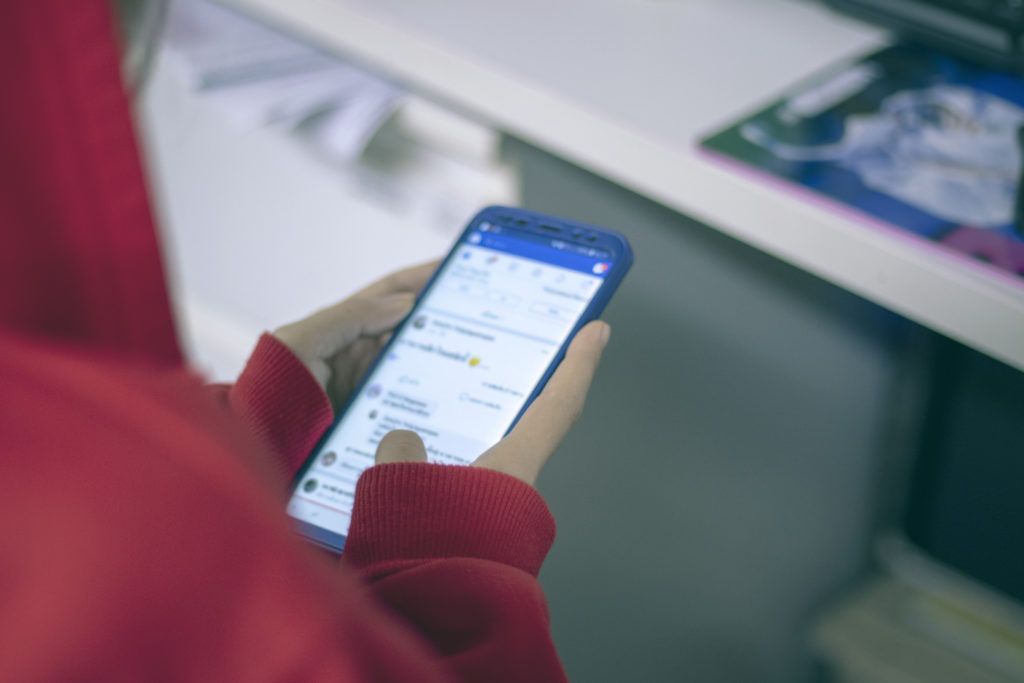Quick Hits
Daily brief research updates from the cognitive sciences

We probably all know someone who is extremely distrustful of fellow human beings. In fact, in some ways this has also become a feature I some countries’ political landscapes – deep distrust of the other.
So how do you get them to be more trustful – well the interesting thing that researchers have uncovered is that those who distrust humans most are more likely to trust AI more!
This was a part of study by researchers at Penn University – they recruited 676 participants to take part in a study in which they were told they were evaluating a new moderation tool for online content that helped to identify hate speech and suicide ideation.
Posts were then shown that had been flagged and they were told this had been flagged by a human, by AI, or by both. They then completed a survey on their individual differences which included distrust in others, political ideology, experience with technology, and trust in AI.
Surprisingly, or not surprisingly, those that most distrusted their fellow human beings trusted AI the most. This also included those who had a stronger conservative ideology. The converse also applied the more trust people had in human beings the less they trusted AI.
There was also a group of “power” users, those with the most experience of technology and they trusted AI less – they though AI wouldn’t be able to tell the nuances of human language apart – they may be more aware of the limitations of AI than others.
So, who would have thought it but trust in AI and humans has a negative correlation and political ideologies also predict this!

Andy Habermacher
Andy is author of leading brains Review, Neuroleadership, and multiple other books. He has been intensively involved in writing and research into neuroleadership and is considered one of Europe’s leading experts. He is also a well-known public speaker, speaking on the brain and human behaviour.
Andy is also a masters athlete (middle distance running) and competes regularly at international competitions (and holds a few national records in his age category).
References
Maria D. Molina, S. Shyam Sundar.
Does distrust in humans predict greater trust in AI? Role of individual differences in user responses to content moderation.
New Media & Society, 2022; 146144482211035
DOI: 10.1177/14614448221103534
More Quick Hits
What Makes Human Brains Different?
Those who have followed my writing and articles will know that this is a question that comes up regularly. Just what is different to human brain compared to other species?
Brain Centre For Altruism Identified
Various parts of the brain have been associated with social behaviour but this particularly interesting study looked at effortful decision-making to help others and identified a region that only activates to this.
Genes Or Exercise for Living Longer?
We all know that we should get our exercise. And we all know that this is associated with many positive health outcomes. This includes living longer.
Yay! “Inoculation” Against Misinformation Effective
Wouldn’t it be great in the current world if we could inoculate people against misinformation. Sigh! But that will never happen
Lack Of Sleep Makes Us Selfish
We humans are a social species, we do things in groups, gather in restaurants, bars, music venues, and public spaces together.
Don’t Try to Change Minds – Change Behaviour
Don’t try to change minds, but simply change behaviour is the result a group of researchers have come to with regard to vaccinations.






